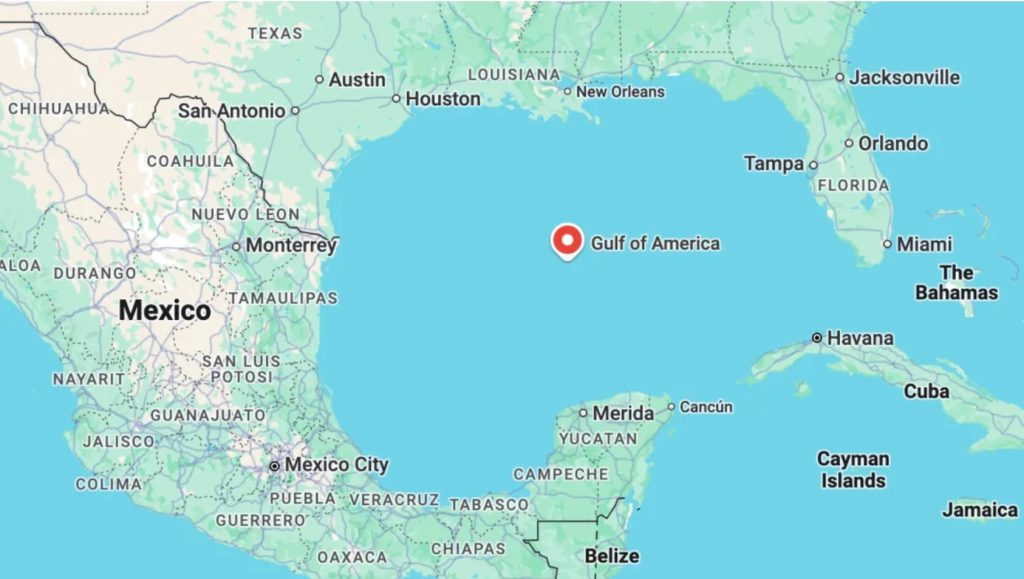RESEARCH LINKS

ARTIFICIAL INTELLIGENCE (AI) chatbots and companion applications have become increasingly popular, offering everything from entertainment to emotional support.
Issue 1: Voter ID Law
Congress.gov: H.R.22, “Safeguard American Voter Eligibility Act” or “SAVE Act”
Alliance for Civic Engagement: “Pros and Cons of Voter ID Laws”
National Conference of State Legislatures: “Things to Know About the SAVE Act”
League of Women Voters: “What’s So Bad About Voter ID Laws?”
White House.gov: “Preserving and Protecting the Integrity of American Elections”
Constitution Center: “Understanding Voter Registration Changes Proposed Congress”
Issue 2: AI Chatbots
Congress.gov: S.3062, “GUARD Act”
Senate.gov: “Senator Hawley Introduces Bill Protecting Children from AI Chatbots”
Electronic Frontier Foundation: “Surveillance Mandate Disguised as Child Safety”
RAINN.org: “Congress Introduces RAINN-Backed AI Chatbot Bill to Protect Children”
Center for Democracy & Technology: “Reasons to Be on Guard About the GUARD Act”
The Beckage Firm: “GUARD Act: Congress Moves to Regulate AI Chatbots for Minors”
DISCUSSION QUESTIONS
Issue 1: Voter ID Law
- Given that non-citizen voting is already illegal and rare, is a national documentary proof-of-citizenship requirement a “common sense” security measure or an unnecessary solution to a minor problem?
- Proponents of the SAVE Act argue that a voter ID law would increase public confidence, while opponents say it would suppress voter turnout. Which outcome is more critical for a healthy democracy: absolute security or maximum participation?
- If passed, the SAVE Act would require American citizens to produce documents like a passport or birth certificate to register to vote. Do you feel this measure would strengthen or weaken Americans’ voting rights?
- How should lawmakers address the fact that millions of eligible citizens (including seniors, students, and low-income individuals) lack easy access to birth certificates or passports?
- Opponents of the SAVE Act say it is an example of congress using its authority to create needless obstacles for voters. Do you agree? Why or why not?
Issue 2: AI Chatbots
- Should the government implement a total ban on AI companions for minors to prevent emotional manipulation, or does this unfairly restrict access to beneficial tools, such as AI tutors and chatbots designed for friendship, therapy, or emotional connection?
- The GUARD Act requires “commercially reasonable” age verification, often involving government IDs or biometric data. Is the risk of children being harmed by unregulated chatbots significant enough to justify a “surveillance” mandate that requires all users to provide sensitive personal identification to AI companies?
- Should congress pass a single federal law like the GUARD Act to provide consistency for tech companies, or should states be allowed to experiment with different regulatory models?
- What is your experience with using generative AI or AI chatbots as a teen? Do you feel the GUARD Act is needed? Why or why not?
- What are the arguments for and against congress passing the GUARD Act? Which position do you agree with? Why?












